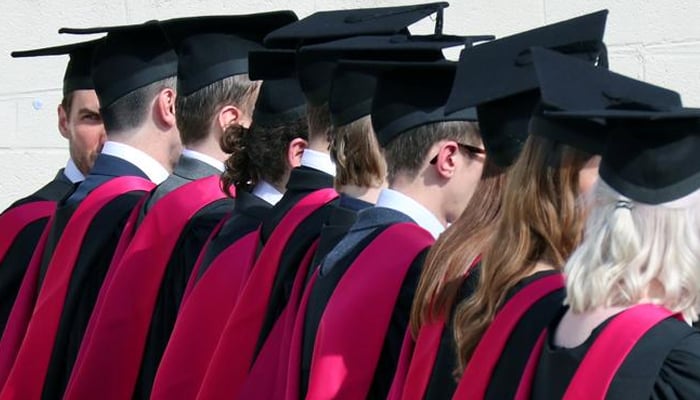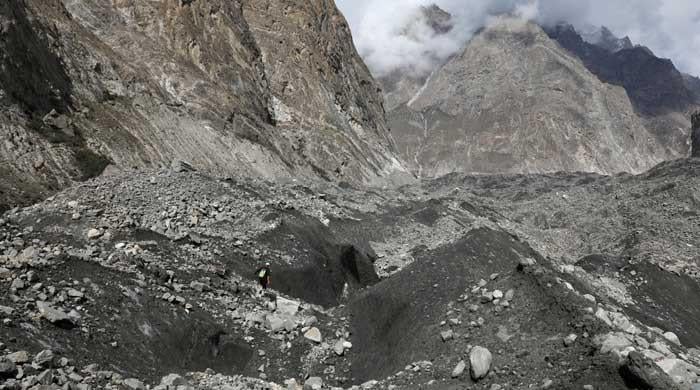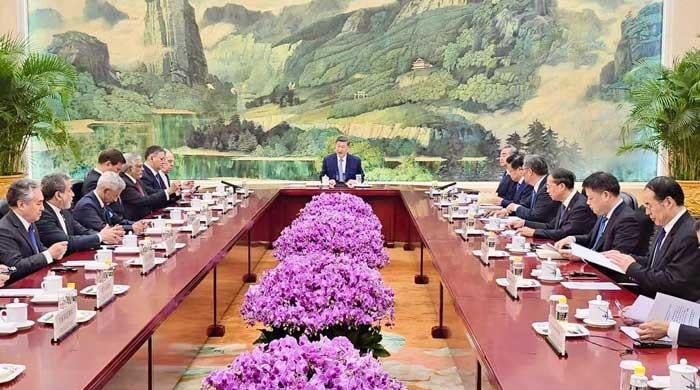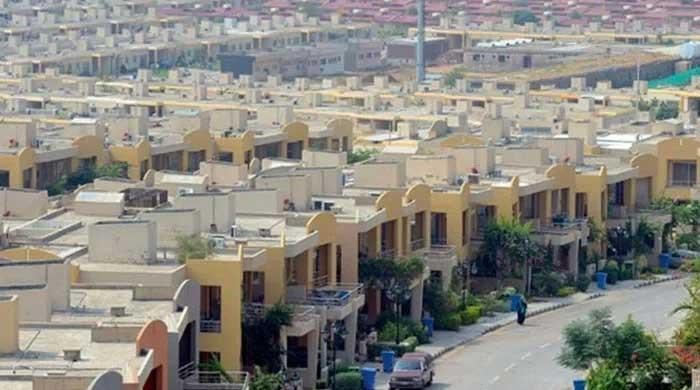Philosophy, politics, and economics: not just for Oxbridge anymore
Aga Khan University is proudly introducing a Philosophy, Politics and Economics major as part of the new Arts and Sciences undergraduate programme
February 07, 2023

Aga Khan University is proudly introducing a Philosophy, Politics and Economics (PPE) major as part of the new Arts and Sciences undergraduate programme.
Many people will be forgiven for scratching their heads in curiosity about this possibly arbitrary combination of subjects into a single degree. I first heard about Philosophy, Politics and Economics (PPE), as a degree subject, when I was an undergraduate at Goldsmiths’ College, University of London.
This, I was told, was for Oxbridge toffs. It was for people who wanted to go into the civil service or parliament, and it was really only for the sons and daughters of people who were already working in the civil service or parliament.
It was a form of bizarre class-based training that had more in common with Swiss girls’ school polishing regimes than critical education. Goldsmiths’, you may not be aware, is not famous for producing upper-class political elite in the United Kingdom, and my understanding of British class antagonism really expanded while I was there.
So, it’s no surprise that my Bolshie fellow classmates in Goldsmiths were hostile to PPE. For them, it represented everything that was wrong with the British class system.
It was part of the machinery of culture and society that inhibited social mobility. Only fairly comfortable, middle-class people who had typically attended the hyper-expensive independent schools had the luxury of studying something that didn’t lead to an obvious job title.
That was arguably unfair at the time but is unquestionably untrue now. Oxbridge remains an overwhelmingly middle-class and upper-middle-class phenomenon.
A small number of working-class people are able to take advantage of the incredibly rich intellectual opportunities that exist there, but for the most part, they don’t turn around the threaten the very class system that holds so many back.
Instead, they transform their own and their children’s life prospects and social class category without seriously disrupting the fundamental asymmetries that exist in Britain (particularly England).
Nevertheless, PPE isn’t about the reproduction of an unfair class system, despite its revered presence in the Oxbridge world. It is a profoundly powerful way of articulating the intersection of thought, ideology, power and resource control.
Studying political science without economics makes no more sense than trying to understand astrophysics without understanding how our own sun operates in our solar system and within the atmosphere of our one and only beloved planet Earth.
The control of resources through transactions is the bread and butter of economics and constitutes a fundamental part of what political scientists study at a different scale.
Similarly, without understanding philosophy, how can we possibly make sense of the motivations and drivers for collective and individual transactions that economists love to model?
Let me say it very bluntly, PPE is not just for Oxbridge and its imitators. It’s a way of drawing on distinct methodological and theoretical traditions that allows more comprehensive and effective analyses and representations of things that matter to us all.
Someone with a solid foundation of PPE could choose to reproduce iniquitous class structures, but they could also help society understand how to fundamentally shift structures, patterns, institutions and ideas in ways that allow greater social mobility without leaving a wake of trauma and suffering along the way.
As one gets older, revolution looks less and less attractive. I know enough about revolutions to know that the people who suffer most in violent revolutions are the same people who suffered before.
If we don’t want to cause more hurt and pain, then we better understand the philosophical, political and economic contexts in ways that genuinely allow us to adapt state and cultural institutions to enhance the rights and opportunities of everyone.
This may seem naïve and Pollyannaish. Perhaps, but life isn’t about perfection. PPE is one of the better ways that I know to give people the tools they need to adapt institutions and ideas to fulfil the promise of better futures for our children.
I learned many things from living with farmers in rural Punjab, and one of the most important was that life is full of sadness and joy. Both must be embraced because they both have the potential to make better societies and enable the pursuit of dreams. But leveraging sadness and joy in ways that lead to better futures doesn’t just happen.
It happens when critically engaged people think creatively and innovatively about how things came to be the way they are, how they might have been, and how they might be managed and steered for the future. And that is AKU has placed PPE firmly in its Arts and Sciences offering in Pakistan.
Professor Stephen Lyon is the inaugural dean of Aga Khan University’s new Faculty of Arts and Sciences (FAS). He is a cultural anthropologist with an interest in social organisation, cultural systems, conflict and development in rural and urban Pakistan.









